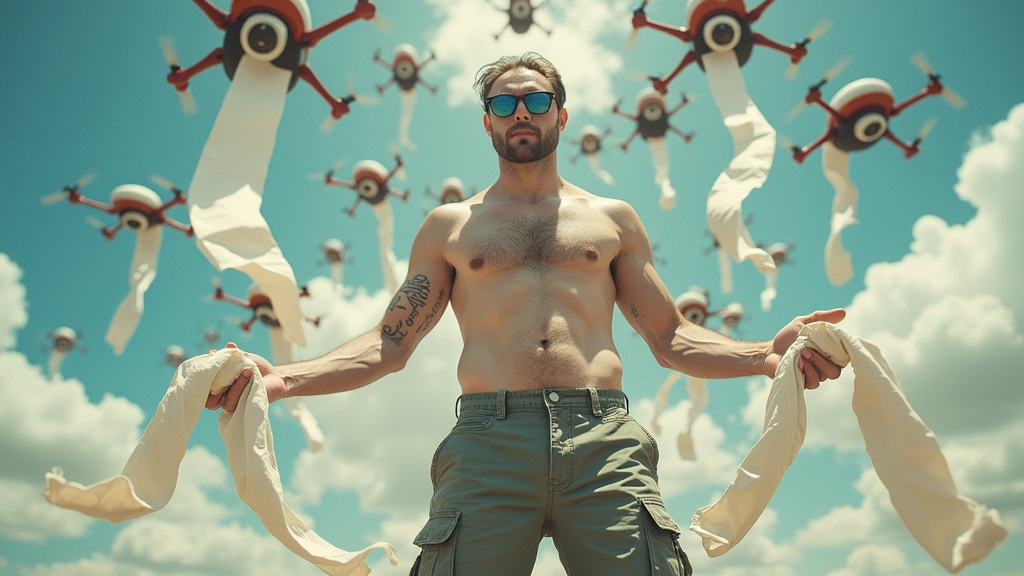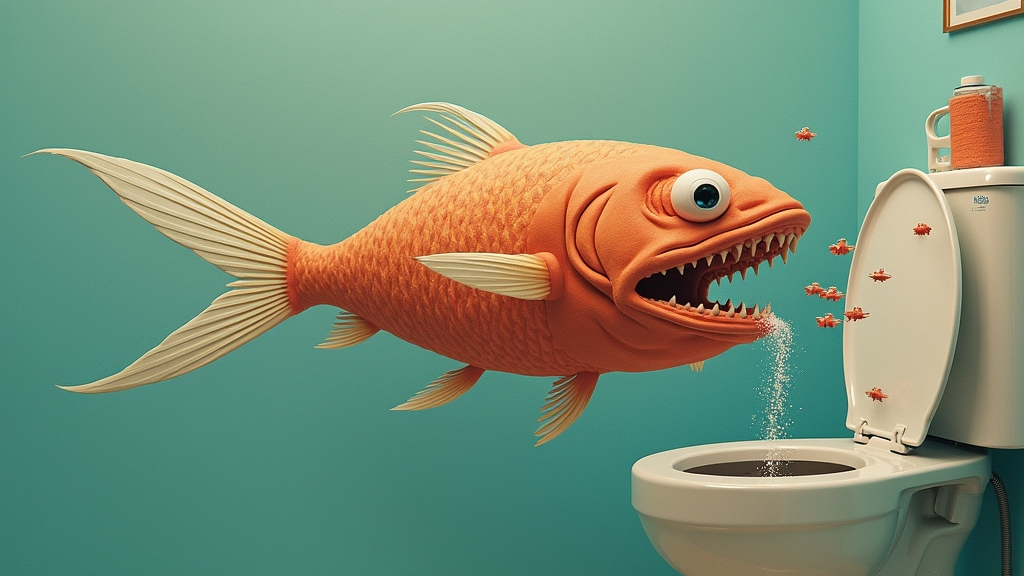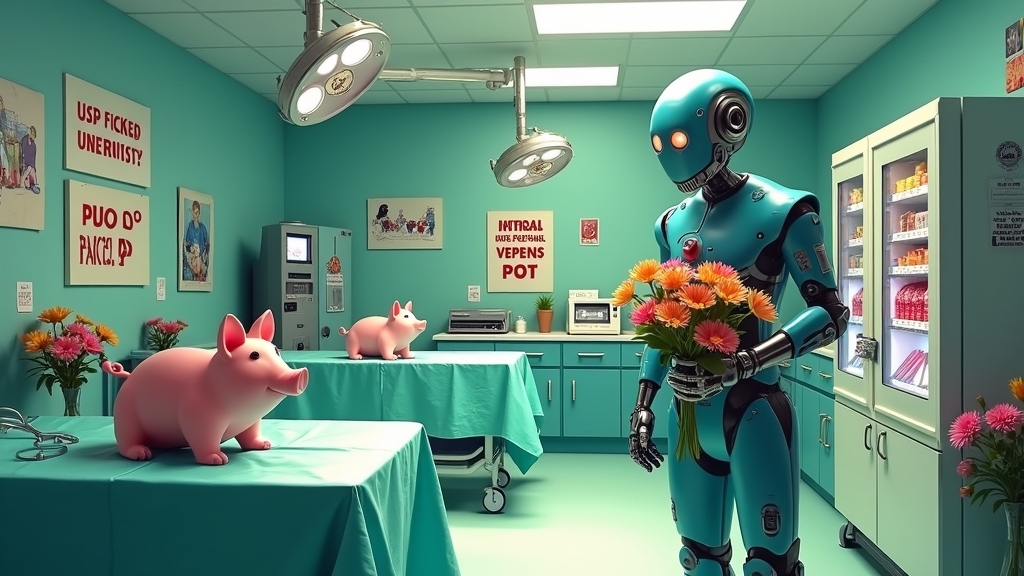MIT Scientist Determined to Build Robots With Human-Like Awareness, Because What Could Possibly Go Wrong?
In a groundbreaking initiative to bridge the gap between humanity and machines, Associate Professor Luca Carlone is on a mission to grant robots a level of perception that rivals human intuition. Because, you know, it’s not enough that they can do backflips, flip burgers, and navigate obstacle courses better than most people in their mid-30s.
Carlone, who hails from MIT’s Department of Aeronautics and Astronautics, leads a research team that’s working diligently to answer the age-old question: What happens when you give robots the ability to not only see us, but also understand and anticipate our every move? Spoiler alert: nothing remotely creepy about that.
“Perception goes beyond detection,” Carlone explains earnestly, before diving into a monologue that basically translates to: “Let’s teach robots how to judge your life decisions like your mother does when you visit for Sunday dinner.” He envisions a world where robots don’t just see objects but can intuit their physics, their relationships to the environment—and presumably, the complicated emotional dynamics of an office birthday party.
The SPARK Lab, which Carlone directs, is diving headfirst into this sci-fi fever dream by developing algorithms that will allow robots to not only navigate your home but rearrange your furniture if they think your feng shui is off. These new and improved bots will be able to “anticipate your needs,” because apparently humans are too lazy to ask for help anymore. “It’s like having a roommate who knows what you need before you do,” Carlone says, conveniently neglecting to mention how this hypothetical robot-roommate will probably also judge you for ordering Taco Bell for the third night in a row.
Carlone’s journey to robot enlightenment began in Italy, where he grew up near the Amalfi Coast. Surrounded by scenic views and history, young Carlone decided to buck the trend of writing poetry about sunsets and instead dedicate his life to mathematical algorithms. He fell in love with robotics “at first sight” because, apparently, nothing says “romance” like an algorithm that tells a drone how to find your lost car keys.
His work in “SLAM” (simultaneous localization and mapping) revolutionized the field, allowing robots to create precise environmental maps without relying on an initial guess. Ironically, most of humanity still struggles to locate their car in a crowded parking lot despite having a key fob and Google Maps.
“Spatial AI is like SLAM on steroids,” Carlone says of his current work, adding that this new technology will allow robots to perceive the world in ways that mimic human thought, albeit with fewer existential crises and considerably less complaining about Mondays.
But the pinnacle of Carlone’s career might just be his twin daughters, who, as toddlers, possess a level of perceptual prowess that outmatches even the most advanced machine. “I watch them manage ten toys at once, navigate cluttered rooms, and adapt to new surroundings faster than any robot can,” Carlone admits, visibly humbled. Clearly, humanity’s best hope for avoiding a robot uprising might just be a sassy toddler with a juice box and a talent for side-eye.
Still, Carlone remains optimistic about the future. “If we add elements of cognition and reasoning to robot perception, I believe they can do a lot of good,” he says. Of course, “good” is subjective—probably not much consolation when a robot nanny starts nitpicking your parenting choices or your self-driving car decides to take a more “scenic” route because it thinks you could use some time to reflect.
Until then, the world eagerly awaits the moment when human-like robots transcend their Roomba origins to truly understand their creators. Let’s just hope their first realization isn’t that humans are terrible housekeepers with questionable taste in Netflix shows.





